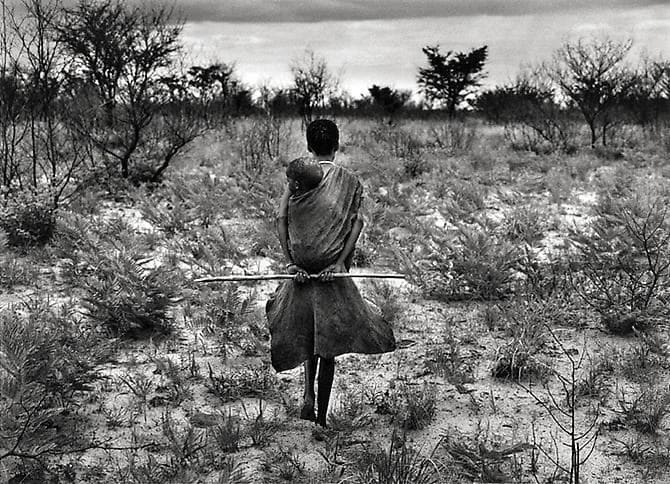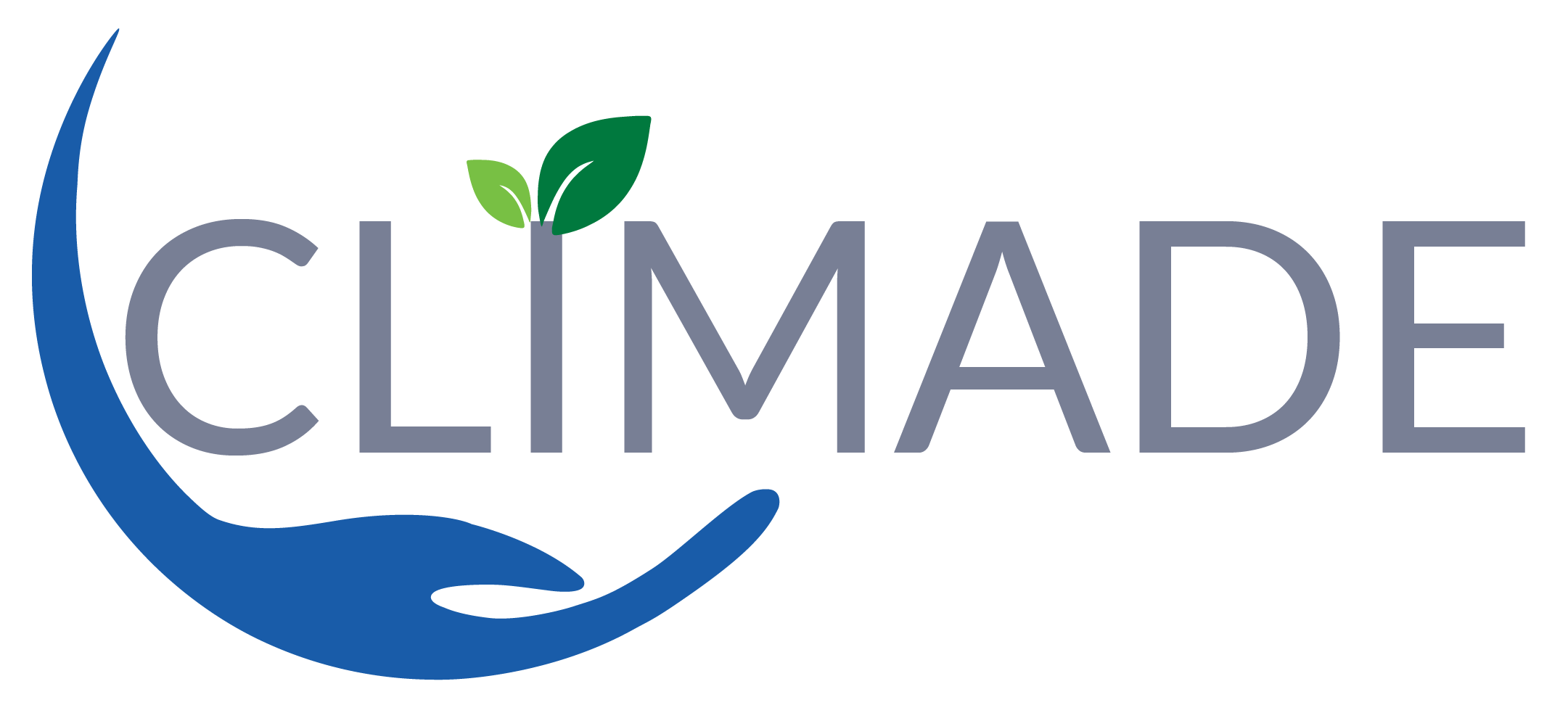our Project
CLIMADE AFRICA

For CLIMADE Africa, the overarching vision is to create an African consortium to generate knowledge, develop localized tools and inform public health action for early warning and timely/targeted response to pathogens amplified by climate change. A key objective will be to fill critical knowledge gaps and blind spots of disease transmission predicted to pose increased threats in the future. The initial activities in CLIMADE-Africa will be used as leverage to apply for further funding to expand the CLIMADE consortium and to ensure sustainability of the initiative. Importantly, the analysis of the data for CLIMADE Africa will be supported by partners in the Global North. The specific aims for CLIMADE-Africa are to:
Aim 1. Build a pan-African coalition to assess arbovirus susceptibility and transmission
Leveraging the Africa CDC PGI network, regular meetings with African scientists and country-level public health officials will be held to better understand previous epidemics as well as to understand the state of pathogen surveillance in Africa. A systemic review of published and unpublished literature on the landscape of arboviruses in Africa will be conducted to close the gap on epidemics caused by arboviruses across the continent. A detailed spatio-temporal risk map of historical and current arboviral presence and epidemic occurrences in Africa will be created to establish the level of endemicity across the continent in contrast to risk of importations from other high incidence areas of the world. Mathematical modeling methods and quantitative epidemiological analyses of animal reservoirs, land use, climate, and clinical data will be used to visualize geographic areas in Africa that are projected to be more vulnerable to arboviral epidemics in the near-term (1-10 years in the future). An important output will be a multi-sectoral, collaborative pan-African report on climate amplified diseases in Africa for the COP28 meeting, along with a Call to Action for key stakeholders.
Aim 2. Accelerate representation of climate amplified pathogen genomes by using the three largest specialized genomics facilities of the Africa CDC’s Pathogen Genomics Initiative (PGI)
The specialized genomics facilities of the Africa CDC’s PGI (CERI, ILRI and ACEGID, Figure 2) will provide next generation and/or metagenomic sequencing of samples received from country partners in Africa. In the same manner, the specialized genomics facility of FioCruz in Brazil will support Pan-American Countries. Increasing the coverage of genomic sequencing for climate amplified pathogens is critical to fill in the knowledge gaps with regards to prevalence, transmission dynamics, evolutionary history, and outbreak characterization of epidemics in African and Latin American countries, and to inform interventions taken by public health stakeholders. Any identified pathogens will be made available in real-time in public genomic databases, such as GISAID and GenBank to allow for the development of therapeutics and vaccines. Standardized protocols for sample collection, storage, processing, and sequencing for specific pathogens will be shared with ministries of health and made publicly available through websites such as protocols.io.
Aim 3: Establish sustainable capacity and processes for pathogen genomics in Africa
The Africa CDC’s PGI Specialized Genomics and Bioinformatic Centres in Africa (CERI / ACEGID and ILRI) and the PAHO specialized Genomics Facilities at FioCruz in Brazil will provide training for on arbovirus sequencing and analysis. Skill transfer and local capacity building will ensure that as many countries as possible in Africa and Latin America are ready and able to detect and sequence arboviruses and other
pathogens from clinical samples during an outbreak. Countries prioritized to receive training will be those at greatest risk of climate effects on epidemics and with the lowest preparedness towards them. Selection of trainees will be in consultation with ministries of health and public health institutions to ensure sustainability of capacity.
CLIMADE ACTIVITIES IN AFRICA:
Impacts of climate change-induced human migration on infectious diseases
Collaborators: Houriiyah Tegally, Stellenbosch, South Africa & Moritz Kraemer, Oxford, UK Summary: Health consequences arising from climate change are threatening to offset advances made to
Robust and scalable computational pipelines for the joint analysis and sharing of genomic, epidemiological, and spatial data
Collaborators: Houriiyah Tegally & San James, Stellenbosch, South Africa & Moritz Kraemer, John Brittain, Joseph Tsui, Oxford, UK Summary: GRAPEVNE (https://grapevne.readthedocs.io/en/latest/) is an interactive environment
Impact of climate related human migrations on the establishment of arboviral disease transmission in Africa through 2100.
Collaborators: Houriiyah Tegally & Monika Moir, Stellenbosch, South Africa & Moritz Kraemer, Oxford, UK Summary: Climate change will continue to cause major disruptions to human
Climate change and infectious diseases module development for 28th VEME (Viral Evolution and Molecular Epidemiology workshop) 2024
Houriiyah Tegally (South Africa), Jenicca Poongavanan (South Africa) Summary: Researchers in the CLIMADE consortium have spent years, and even decades, training the next generation of
Expert Voices Column in Science Magazine – “Will climate change amplify epidemics and give rise to pandemics?”
Tulio de Oliveira (South Africa) and Houriiyah Tegally (South Africa) Summary: We were invited to participate in this new monthly column in Science Magazine. We decided
Genomic characterization of deadly Cholera in Malawi following severe flooding events
Lucious Chabuka, Wonderful T. Choga, Carla N. Mavian, Monika Moir, Houriiyah Tegally, Eduan Wilkinson, Yeshnee Naidoo, Rhys Inward, Christian Morgenstern, Samir Bhatt, G. R. WilliamWint, Kamran Khan, Isaac I. Bogoch, Moritz U.G. Kraemer, Cheryl Baxter, Massimiliano Tagliamonte, Marco Salemi, Richard Lessells, Collins Mitambo, Ronald Chitatanga, Joseph Bitilinyu- Bango, Mabvuto Chiwaula, Yollamu Chavula, Mphatso Bukhu, Happy Manda, Moses Chitenje, Innocent Malolo, Alex Mwanyongo, Dr Bernard Mvula, Dr Mirrium Nyenje, Tulio de Oliveira, Dr Mathew Kagoli Summary: Since early 2022, in the aftermath of two extreme weather events, Malawi experienced
Genomic characterization of Cholera in Mozambique
Nalia Ismael (Mozambique), Tulio de Oliveira (South Africa) Summary: Activity Type: Research Project CLIMADE Africa
Assessing the current and future gaps in Dengue genomic surveillance in Africa in the face of climate change and human mobility
Houriiyah Tegally (South Africa), Jenicca Poongavanan (South Africa), Monika Moir (South Africa), Moritz U.G. Kraemer (Oxford), Tulio de Oliveira (South Africa) Summary: This project will
Genomic characterization of Chikungunya outbreaks in Coastal Kenya
Collaborators: Sam Oyola (Kenya), John Juma (Kenya), Tulio de Oliveira (South Africa), Houriiyah Tegally (South Africa), Monika Moir (South Africa), Yajna Ramphal (South Africa), etc
Description
initial Project
Description
Size : 1,000 genomes
Location : Africa (all 54 member states)
Principal Investigators : Prof. Tulio De Oliveira (South Africa), Prof. Christian Happi (Nigeria) and Dr. Samuel Oyola (Kenya)
Project start : 2023 January
Project finish : 2024 August
Value : $4m (funded by Rockefeller Foundation)
the result
OUTCOMES
Short-term – closing the critical knowledge gaps in arbovirus genomic epidemiology and opening up sampling pipelines to identify hotspots and inform the resource allocation, countermeasures, and policy decisions of public health institutes and ministries of health.
Medium-term – engaging in dialogue with ministries of health around the report produced from extensive review of arbovirus-related research activities in Africa and climate-related disease forecasting activities prior to COP28, as well as refining and optimizing processes for sampling and translating science to public health action.
Long-term – creating sustainable capacity to identify and monitor pathogens in real time by training personnel from national public health institutes to sequence arboviruses.
